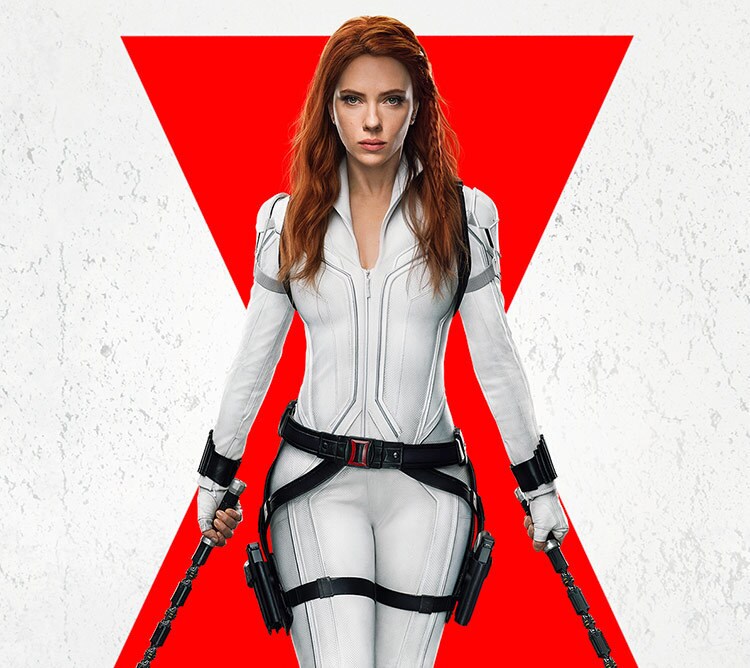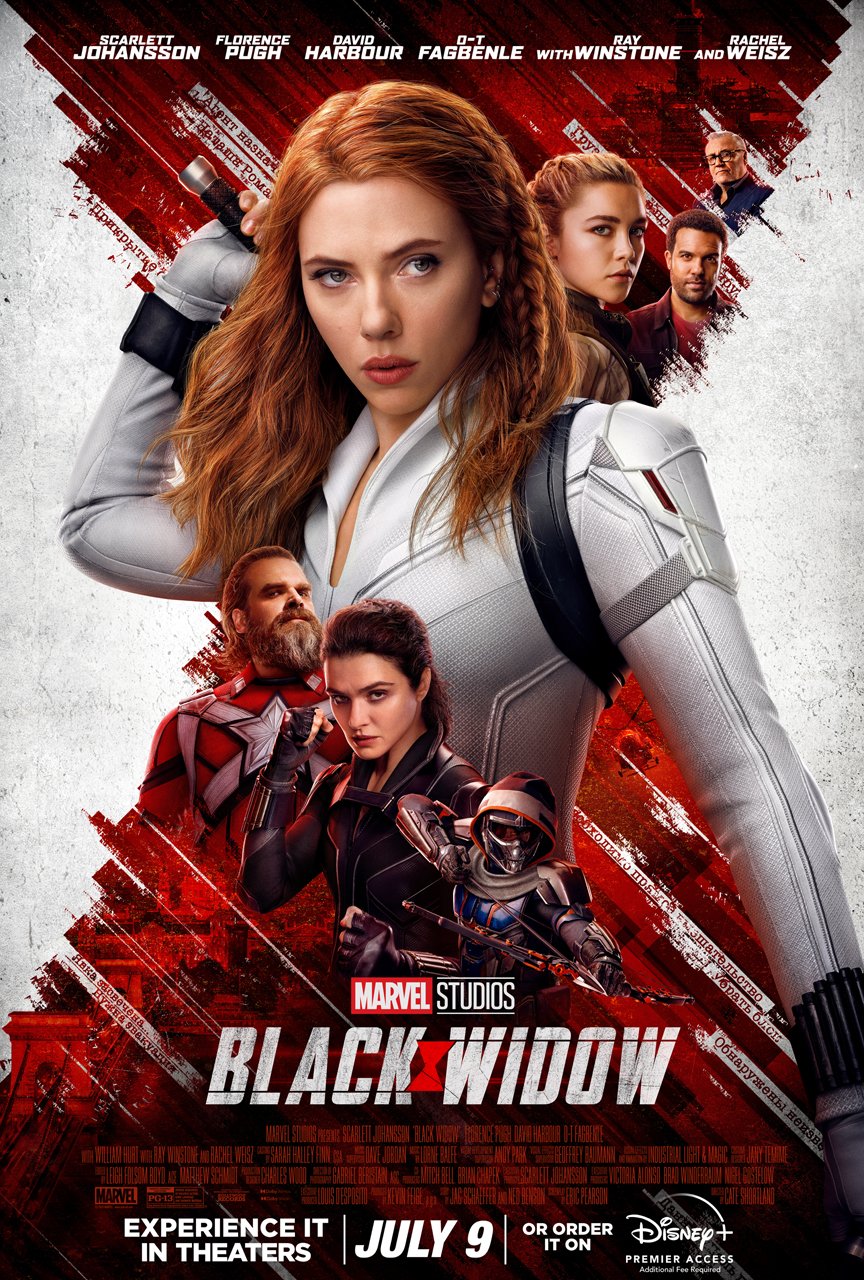Now, Johansson is the third of the original Avengers to retire from the MCU, following in the footsteps of Robert Downey, Jr. and Chris Evans. It’s only now that Marvel has deemed it necessary to give Natasha a solo film, after her death in Avengers: Endgame. I suppose they hoped it would be more meaningful, retroactively giving the character more merit so we’re sadder to see her go.
In that regard, they’re partially successful. Because Black Widow is set between 2016’s Captain America: Civil War and 2018’s Avengers: Infinity War, it’s able to give Natasha a storyline worthy of her status as the “enigmatic, mysterious” Avenger. She’s trying to make peace with her past, an arc which is made more poetic and satisfying because we know that this is her last chance to do so, and the outcome is even more cathartic for that same reason.
Black Widow’s origin has been a mystery ever since her introduction in Iron Man 2. Where did this over-sexualized, highly-trained assassin come from? Loki provided some vital clues in The Avengers, but the questions we’ve had about her have gone largely unanswered until now. For those looking for expository, detail-heavy flashbacks, you won’t find those in Black Widow — for what I believe is a good reason. Natasha Romanoff is undoubtedly the most secretive Avenger, and because we’ve received but scant details about her origin over the years, her backstory has reached near-legendary status. No single answer could be satisfying enough, and so Natasha returning to her roots to take care of unfinished business seems like the most straightforward approach to dealing with both sides. Provide more information about where she came from, while always focusing on the present and the future. It’s a hard line to tow, but Black Widow does it…with a very action-heavy approach.
The Sokovia Accords, introduced in the aforementioned Civil War, forbid superheroes from embarking on independently-driven missions. Natasha is on the run from Secretary Thaddeus Ross (played once again by William Hurt, in an all-too-minor role), hunting her down because of her defiance of the Accords at the conclusion of Civil War. Natasha travels to Budapest and reunites with her foster sister Yelena Belova (Florence Pugh), another Black Widow.
“But wait…I thought there was only one Black Widow!”
| Natasha (Johansson) and Yelena (Pugh) |
What Black Widow does very well is clearly establish its main character. It’s not Natasha’s story. Instead, it uses her established origin to bring Yelena to the forefront, showcasing Florence Pugh as an incredible dramatic/comedic talent and undoubtedly putting her on the radars of millions. It’s clear she’ll will have a part to play in the future of the MCU, and Black Widow serves as the perfect introduction to her character. We see the terror of the Red Room not through Natasha’s eyes, but through Yelena’s — a fresh pair of eyes, but ones with a similar experience to Natasha. Similar enough to merit her “replacement” in the overall MCU.
Is the movie called Natasha Romanoff? No. It’s called Black Widow…and which Widow, it doesn’t specify.
The villains are an afterthought, more of a destination than anything else. Ray Winstone plays Dreykov, the man behind the Red Room, doing an amusingly over-the-top Russian accent. At Dreykov’s side is Taskmaster, a well-designed character who is able to mimic the fighting styles of other superheroes. It’s a very cool concept (which has been explored in comics and video games), but the character isn’t nearly as intimidating as it should be. Sure, there needs to be conflict, but a larger-than-life character such as Natasha Romanoff deserves an equal match…perhaps not a subtley eccentric wealthy Russian oligarch in his mid-60s (Tenet, anyone?).
I would be remiss if I didn’t mention the stellar supporting cast. David Harbour plays Alexi Shostakov (aka Red Guardian), a largely incompetent Russian super soldier — apparently the Soviet answer to Captain America. Like most other male characters in this movie, he’s imbued with mostly bad qualities, but he has his moments. A scene where he rekindles a father-daughter relationship with Yelena is a notable one.
Yes, I enjoyed Black Widow. It may be the the twenty-fourth film in the ever-expanding Marvel saga, but it would feel right at home with the first batch of solo movies (Iron Man, Thor, etc.). Scarlett Johansson gives it her all, and it shows — she obviously cares about the character, enough to give her proper closure while also setting up the future of the Black Widows. The film is also a fantastic showcase for Florence Pugh, who most audiences are just now realizing is an incredible actress with a wide-spanning range.
Director: Cate Shortland
Rated: PG-13 for intense sequences of violence/action, some language and thematic material



I appreciate your review, Rowan. I watched black widow but I am rather unfamiliar with the rest of the Marvel universe. If I were to want to watch more of the movies, which would you most highly recommend, and in what order?
ReplyDeleteP.S. I did see the first Iron Man, but that may be it.
DeleteThank you for your kind words! I'd definitely recommend watching the Marvel universe in release order -- the ones I most highly recommend are the core Avengers movies (the first one, Age of Ultron, Infinity War and Endgame), but the other films embellish the universe around them and most are amazing as well. Here's an article with a comprehensive list of the release order, my personal preferred way to watch the MCU: https://www.gamesradar.com/how-to-watch-marvel-movies-in-order-mcu/.
Delete